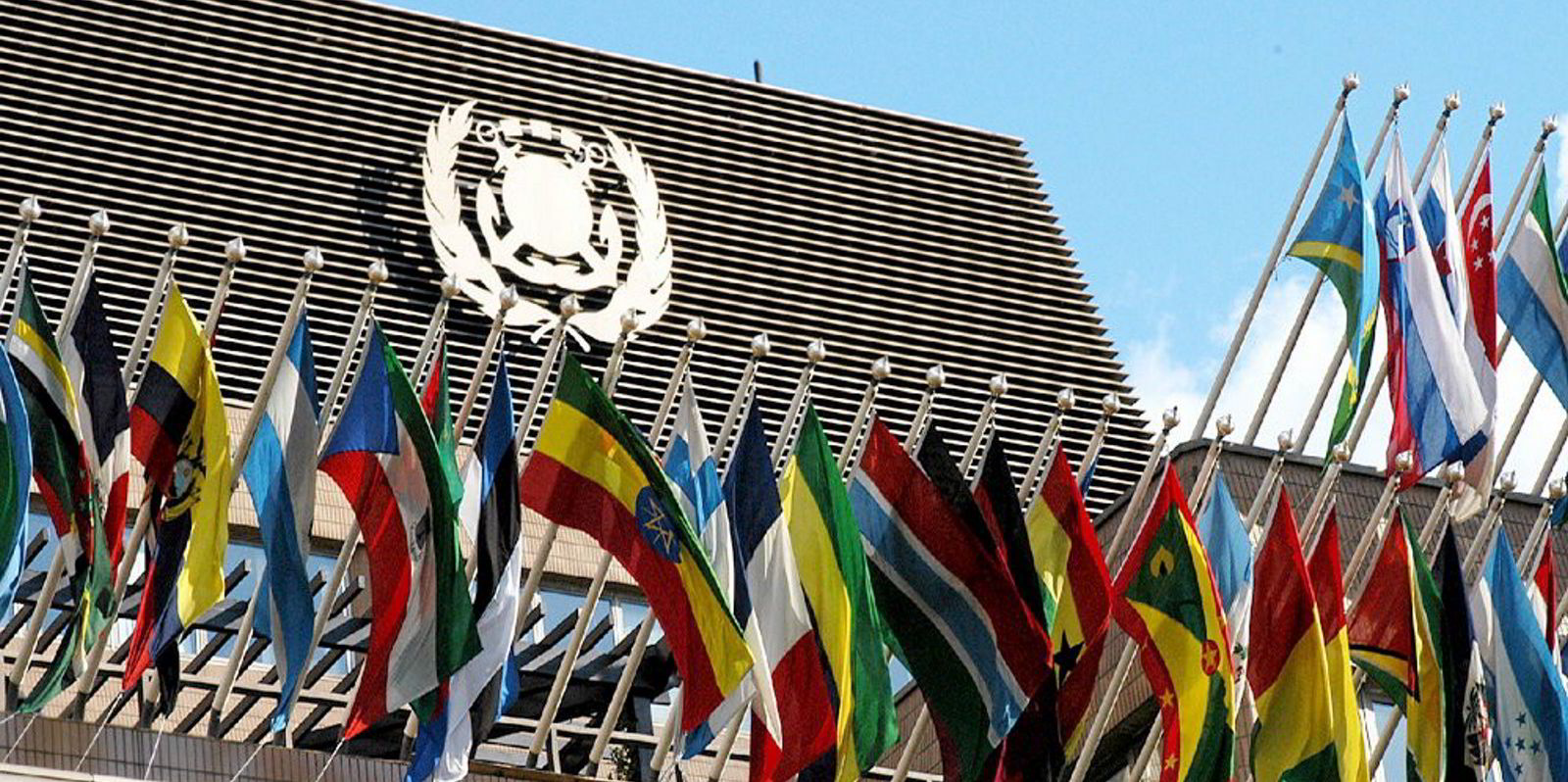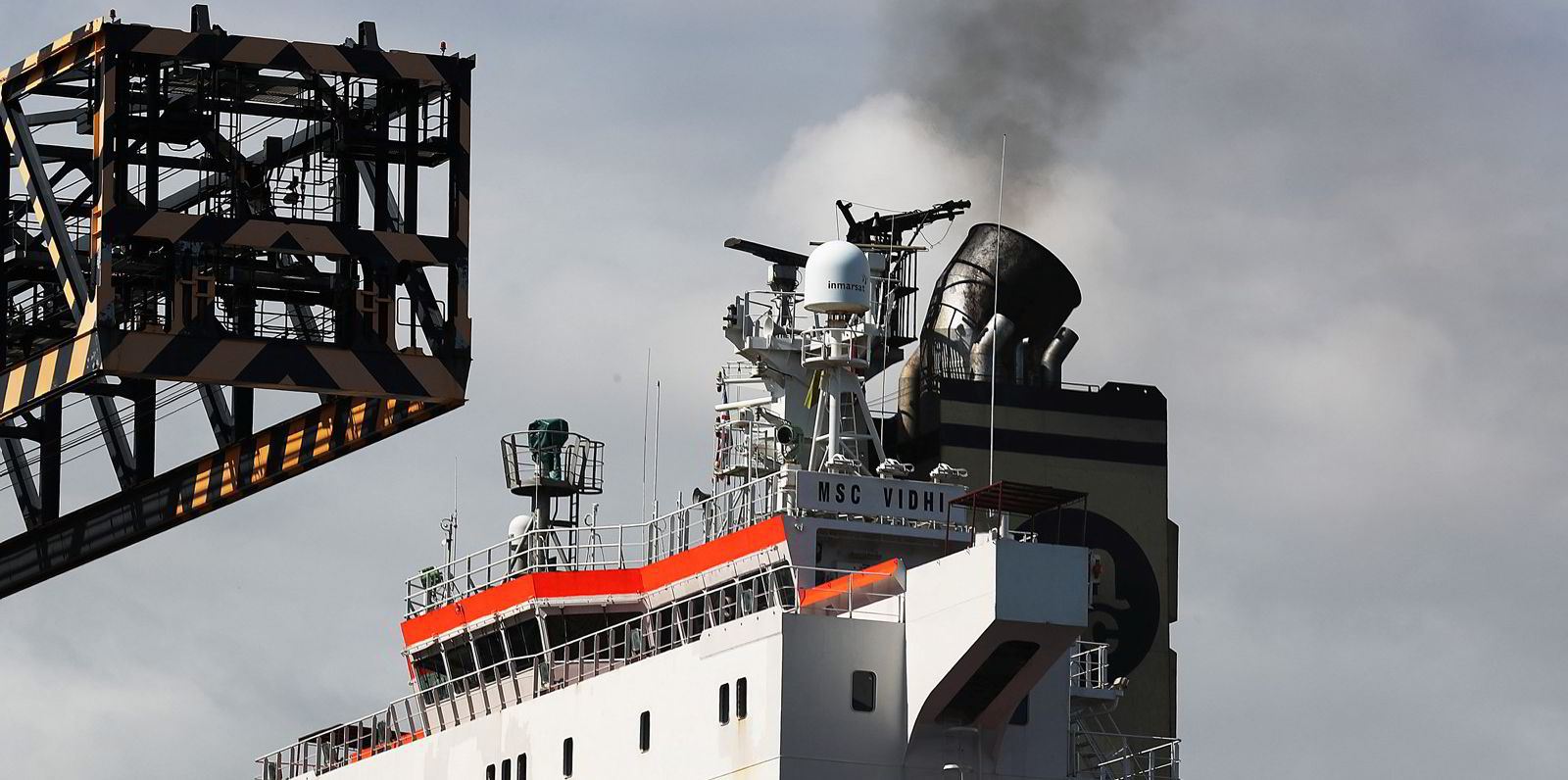Shipping companies that are targeting net-zero carbon emissions by 2050 are increasingly looking to nature-based carbon offsetting solutions to help achieve their goal.
Carbon offsetting — in which the rewilding and other natural restoration developments are used to absorb CO2 from the atmosphere and store it — are being used to supplement shipping companies’ decarbonisation projects.
It is difficult to argue against the merits of greening the world again. But many people are starting to feel uneasy about the way companies are turning to these schemes to buy their way out of making a commitment to remove fossil fuels from their business.
There already have been a few trial voyages using carbon offsetting to cover the tracks of shipping’s carbon footprint.
There are a number of schemes that are up and running and offer verified carbon credits to shipping companies which participate.
This has recently started to take off in Japan, where the three leading shipping companies — NYK Line, Mitsui OSK Lines and K Line — are among the most progressive in the world in terms of their decarbonisation investment and strategies.
In January, MOL said it had teamed up with YL Forest to restore and protect mangroves in South Sumatra. Through the project MOL estimates it can negate up to 11m tonnes of CO2 through the reforestation of mangroves and other initiatives.
Last year, NYK Line, together with compatriot Mitsubishi Corp, invested in primeval forest restoration company Australian Integrated Carbon, or AI Carbon.
The investment, which NYK Line will use to offset emissions from its ships, has been made through joint venture company Japan Integrated Carbon.
Booming market
These are examples of shipping catching up with the booming corporate market for carbon offsetting.
A rush to such projects in 2021 saw the value of the voluntary carbon market hit an all-time high of more than $1bn and the momentum continues to grow.
The schemes will generate carbon credits that can be used as currency in emissions trading schemes, or added to the ESG carbon accounting balance sheet.
The International Maritime Organization’s plan to come up with market-based measures to promote decarbonisation will see this market grow in shipping.

It is easy to understand the appeal of offsetting for companies, like the Japanese giants, which take decarbonisation seriously.
They are still at the stage of investing in a handful of ships using transitional lower carbon fuels such as LNG.
Carbon offsetting will be critical to them if they are to stand a chance of turning their 700-ship fleets carbon neutral in the next 28 years.
Environmental benefits
So what is there to criticise about such schemes that compensate for the industry’s carbon footprint and bring huge environmental benefits to counter global warming?
Shipping will find itself the subject of the very same criticism that has been levelled at the airline and oil industries — two of the biggest users of the carbon offsetting market.
There is a very real danger that shipowners will fall into the temptation of using these schemes as a substitute for decarbonisation measures, rather than in addition to them.
Just as oil companies get involved in forestry projects, and continue to explore for oil, it will be easier and cheaper for shipping companies to invest in offsetting as an alternative committing to low-carbon or zero-emission ships.
It is easy to see how offsetting could be used as a get out of jail card: a way to continue the use of fossil fuels on vessels.
Full throttle
The net result could be that offsetting will actually encourage shipping companies to slow down on their decarbonisation efforts.
The growth of the offsetting market would be fine if it were not for the urgency of the situation. The world is already well behind on reaching the goals of the Paris Agreement to restrict global warming to 1.5C.
If the goals are to be met, all industries need to go full throttle on decarbonisation, and invest in reforestation and natural restoration.




